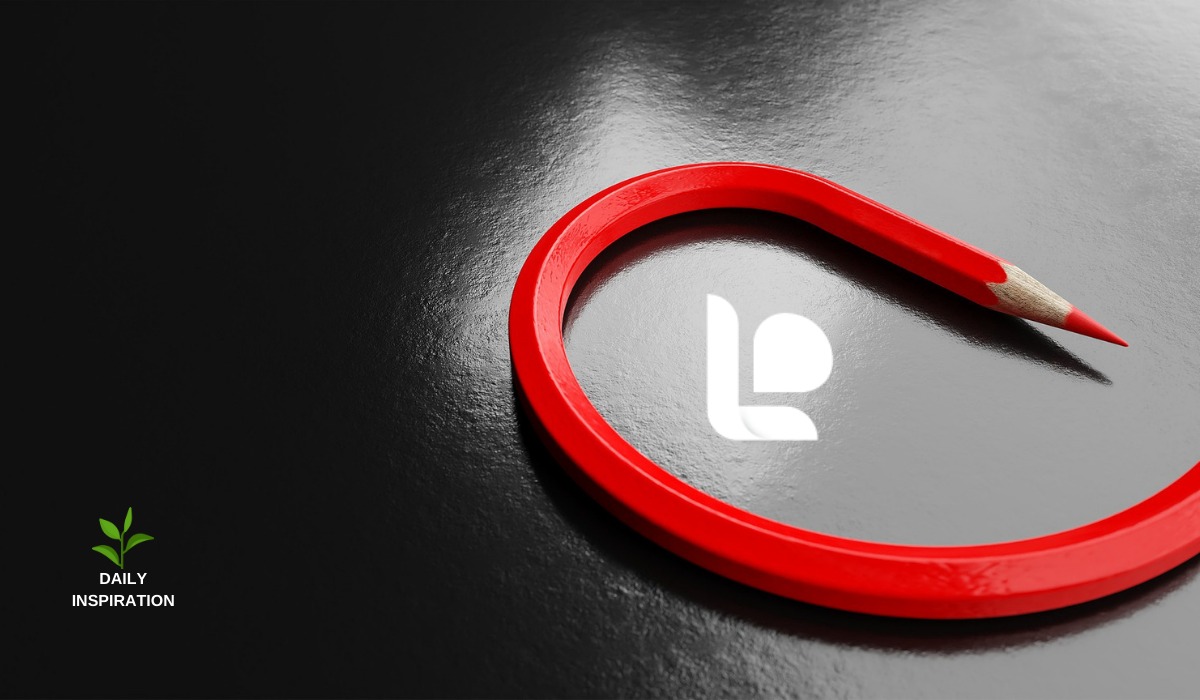Self-Help — Obsessive-Compulsive Disorder
Vivek Jayaraman
24th Oct, 2019
Self-Help — Obsessive-Compulsive Disorder
Only a handful of people in the world get to enjoy life. That is what the rest of the people think. Everyone thinks that every other person is happy. It was the case before, it is the case now and it will be the case in the future if people continue to behave the same. Many of us cannot perceive things or see through people. That is one of the reasons why we continue to see only what people want us to see and not beyond. Social media like Facebook and Instagram has even increased the idea of others’ life is better. People believe that the opposite side of the river is always greener.

This is the main reason that people fall prey to social media. Posting things that don’t mean anything to self, buying things that are not a need, and becoming a person who is not a true self. These days people wanted to become someone who they are not. It’s very stressful. Wanting to become like others and live like them cannot be a goal. I have seen cases where it becomes like a disease. A house like them, a car like them, a personality like them, a relationship like them, etc, etc. Copying things just like others only makes you a duplicate of them. Ever thought of that?

How does it start?
It naturally starts with a lower level of self-esteem. You may ask how self-esteem plays a part here. Confident people constantly improve themselves from where they are to where they want to be. They have no time to be a duplicate of others. Lower the self-esteem level, the higher the inferiority complex level. The inferiority complex destroys the self-morale and makes people anti-social too.
An inferiority complex occurs when the feelings of inferiority are intensified in the individual through discouragement or failure. Those who are at risk for developing a complex include people who show signs of low self-esteem or self-worth, have low socioeconomic status, or have a history of depression symptoms. Children reared in households where they were constantly criticized or did not live up to their parents’ expectations may also develop an inferiority complex. Many times there are warning signs to someone who may be more prone to developing an inferiority complex. For example, someone who is prone to attention and approval-seeking behaviors may be more susceptible. [Wiki]

It is the inferiority complex that pushes you to constantly look at others and feel bad that you do not have it. It starts small in the beginning. Like parents comparing their kids with other kids, teachers comparing students who don’t do well in studies with the brightest students and the friends you want are friends with others, etc. In the beginning, it will be small before it turns into an obsession. The obsession does not stay there. Over a period of time, the obsession turns the behavior into a compulsion. This eventually leads to a state called OCD, which is Obsessive-Compulsive Disorder.
What is OCD?
Obsessive-Compulsive Disorder (OCD) is a common, chronic, and long-lasting disorder in which a person has uncontrollable, reoccurring thoughts (obsessions) and/or behaviors (compulsions) that he or she feels the urge to repeat over and over.
According to the World Health Organization (WHO), OCD is one of the top 20 causes of illness-related disability, worldwide among individuals between 15 and 44 years of age. In the United States alone, 1 in 40 adults and 1 in 100 children have OCD. In India, the majority of people don’t know that they have OCD, and even if they do not consider it as sick or ill. Accepting that one has OCD, is the better way to get it diagnosed.

In India, an estimate of 2–3% of the general public has OCD and the majority of them are not understanding nor accept the fact. As an author of this post, I have OCD and I know how it helps at times and at the same time affects me. Mental wellness starts only when we start accepting the fact that we have certain problems and ask for help when it is needed.
How do I know that I have OCD?
Fear of getting illness through germs:
- Washing hands continuously.
- Avoid touching other people.
- Keeping away from people with flu and illness.
- Brushing more than 3 times a day for keeping clean
- Bathing more than 3 times to keep clean
Fear of uncertainty:
- Constantly checking the locks
- Constantly checking the gas burners
- Checking car locks again and again
- Checking for right and left often
- Counting certain numbers, again and again, to be right.
- Reading certain pages thrice or sometimes to 10 to get it.
- Checking your partner or kid is alive, often during sleep.
Apart from that,
- Constantly seeking reassurance from others
- Constantly behaving to be better than others
- Constantly watching for others and wanting to be like them
- Keeping waste item collection thinking that it may help later
- Doubting one’s own sexual orientation
Not all rituals or habits are compulsions. Everyone double-checks things sometimes. But a person with OCD generally:
- Can’t control his or her thoughts or behaviors, even when those thoughts or behaviors are recognized as excessive
- Spends at least 1 hour a day on these thoughts or behaviors
- Doesn’t get pleasure when performing the behaviors or rituals, but may feel brief relief from the anxiety the thoughts cause
- Experiences significant problems in their daily life due to these thoughts or behaviors [NIMH

The above examples are just a handful, there are more behaviors that prove that people have OCD. If you have any one of the above or related then there are high chance that you might have OCD.
Some of the symptoms of OCD can be a tic disorder. A tic is a spasmodic contraction of muscles. Motor tics are sudden repetitive movements, such as eye blinking, other eye movements, facial grimacing, shoulder shrugging, and head or shoulder jerking. Common vocal tics include repetitive-throat clearing, sniffing or grunting sounds. [NIMH]
What are some implications of OCD?
OCD affects normal life for people who have it.
- It consumes their time by cross-verifying things or doing the same thing again and again. It’s both obsession and compulsion, remember?
- It causes distress which leads to too much anxiety. I have mentioned how anxiety affects mental wellness in my previous blogs. You can read Anxiety or Employee Wellness for more details.
- It weakens or damages the routine work. A person with OCD will not be able to focus on work if there are things that can have their attention because of O & C.
- Many a time, the word “Introvert” is deeply misunderstood. A person with OCD could be anti-social because they are germophobic or believes that they are allergic to people. The very thought of going in public could shame them and they refrain from doing so.
Other conditions of OCD could be or may lead to the below as well.

Dysmorphic Disorder: occasionally still called dysmorphophobia, is a mental disorder characterized by the obsessive idea that some aspect of one’s own body part or appearance is severely flawed and therefore warrants exceptional measures to hide or fix one’s dysmorphic part on one’s figure.
Hoarding Disorder: Hoarding can be related to compulsive buying (such as never passing up a bargain), the compulsive acquisition of free items (such as collecting flyers), or the compulsive search for perfect or unique items (which may not appear to others as unique, such as an old container).
Excoriation disorder (also referred to as chronic skin-picking or dermatillomania) is a mental illness related to obsessive-compulsive disorder. It is characterized by repeated picking at one’s own skin which results in skin lesions and causes significant disruption in one’s life.
Trichotillomania (trik-o-til-o-MAY-nee-uh), also called hair-pulling disorder, is a mental disorder that involves recurrent, irresistible urges to pull out hair from your scalp, eyebrows, or other areas of your body, despite trying to stop.
Biting lips and tearing the dried part from it is also a disorder. Biting nails till it bleeds and then biting further is also a disorder. While there are different names for it, you get the point.
How to cure or get out of OCD?
Understanding or getting knowledge of things is the first step to getting cured. There are many ways to cure OCD. Through medication, psychotherapy, and Cognitive-behavioural therapy.
Is there something I could do to suppress OCD or even get out of it? Yes, you can. Watch out for the next blog for how to help yourself in getting out of OCD by taking little steps. The next blog will be about helping yourself come out of OCD.
Connect with our experts through 1-on-1 coaching. This is just a speck of knowledge on your journey to becoming an expert in the industry. If you have any doubts or require career guidance, feel free to connect with our Industry experts and trainers for 1-on-1 coaching.

You are already a step ahead. Keep learning and growing!

